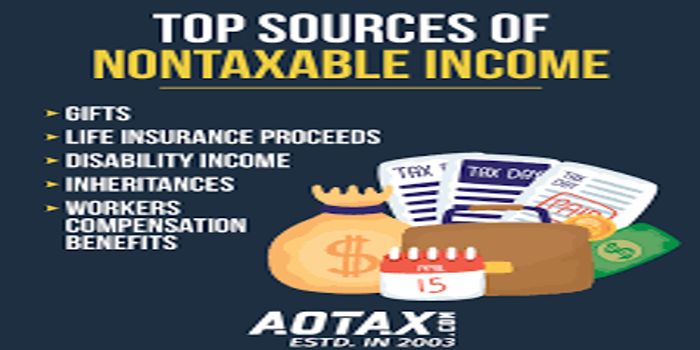Introduction
A trust is a binding agreement between two parties who serve as the trustee and the trustee. There are other names for trustees, including grantor and settlor. The trust is established by the trustor, who transfers assets to the trust after that. The person or entity administering the trust's assets in line with the trustor's intentions is known as a trustee. Up to their death, the trustor may take on the role of at least one additional trustee.
Trusts may have beneficiaries, just like a will. Your spouse, children, other family members, or even close relatives could be the beneficiaries. Any charitable organization can be chosen as the trust's beneficiary. The trustee is authorized to distribute the trust assets to the named beneficiaries by the instructions provided by the settlor.
Types
Irrevocable Life Insurance Trust
With this help, the trustee can buy life insurance on their behalf. The trust owns the insurance, pays the premium, and receives the proceeds. According to Joan Crain, wealth strategist at BNY Mellon Wealth Management, it is thus segregated from inheritance tax.
Granter Retained Annuity Trust
The trusts, also known as GRATs, usually last between two and five years and allow those with money to transfer it to their family members with little to no exposure to wealth transfer taxes. The grantor contributes assets to the trust, such as stocks, cash, or bonds, and receives an annual annuity in return. When the trust's assets outperform a "hurdle rate" specified by the IRS, the trust will terminate after its term.
Dynasty Trust
Trusts that enable families to benefit from $5.34 million per person in wealth transfer exemptions from taxes. Trusts allow you to place assets and let them develop unaffectedly. This is to develop a family asset that will be a future investment. These trusts were created with long-term planning in mind. Future generations, including the beneficiary's grandchildren and children, may receive tax-free distributions from the trust. The trust may define if and when beneficiaries may access the trust's principal or income. This kind of trust structuring can have a huge number of tax-saving advantages.
Qualified Personal Residence Trust
To transfer the property later without paying the entire transfer taxes, a homeowner can place the property in trust, typically an additional home. According to BNY Mellon Wealth Management, the grantor is obligated to pay gift tax once the house is passed to the trust, but it is based on the valuation because they have the option to live in the house during the trust's lifespan.
Perfect Trustee Things to Be Consider
Costs
Many people think that people cost more than organizations. This is untrue. Individual trustees must employ others, like investment managers, attorneys, custodians, and CPAs, to assist them in carrying out their fiduciary responsibilities.
Capability For Difficult Choices
Trustees are frequently expected to make difficult decisions about people's lives, such as taking property away from a beneficiary or making it simpler for someone struggling with addiction to find treatment centers.
Recordkeeping and Reporting
It takes a lot of work to administer a trust, including completing tax filings, issuing regular statements, and maintaining account activity logs. For accounting purposes, trusts, for instance, must maintain separate principle and income records. Furthermore, they must file annual taxes with the IRS.
Security of Assets
Independent trustee-managed trusts are not frequently examined, which may allow an opportunity for accidental mismanagement to go undetected and uncorrected.
Acceptance of the Responsibility
A trustee may be held personally liable even for actions taken in good faith or accidentally violating the law. A disgruntled beneficiary may seek legal redress from the judge for various reasons, including unprofessional accounting methods, incorrect handling of the poor investment decisions, conflicts of interest, administration of property, and failure to realize the greatest possible tax savings.
Conclusion
Now you know: how to pick the perfect trust? To ensure that the beneficiary's assets are given to their dearly loved family, a properly constructed estate plan calls for the employment of a straightforward will and the creation of a well-crafted trust. Trusts can be classified as "revocable;" you can alter that while the grantor is still alive, or "irrevocable;" which can't be altered or revoked.
Trusts normally pay separate taxes, so they must obtain a federal identification number and file a yearly tax return. Trust funds may contain a variety of assets, including real estate, cash in the form of stocks and bonds, a business, or a combination of multiple types of property or assets. Each family's dynamic is different, so it's crucial to ensure the trust or trusts you select to care for your loved ones after your death are appropriate for the family's needs.





